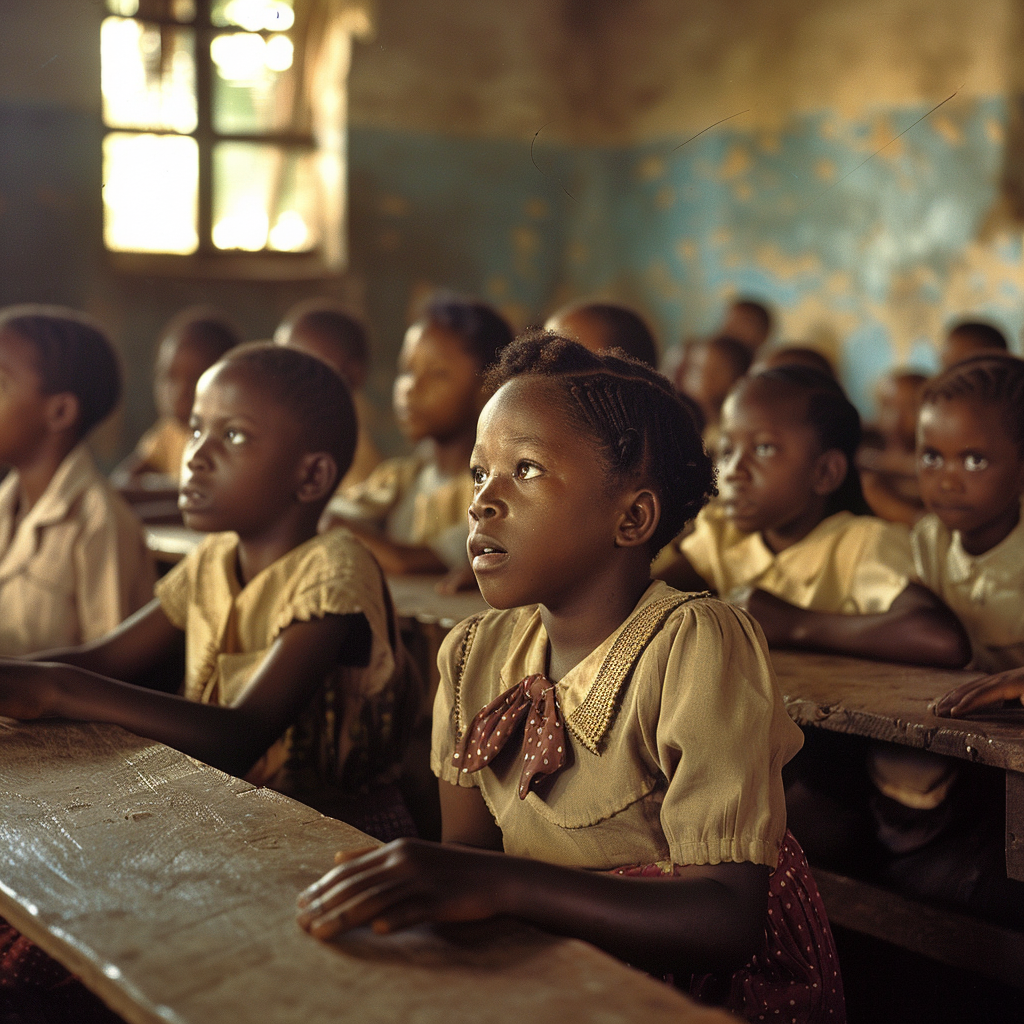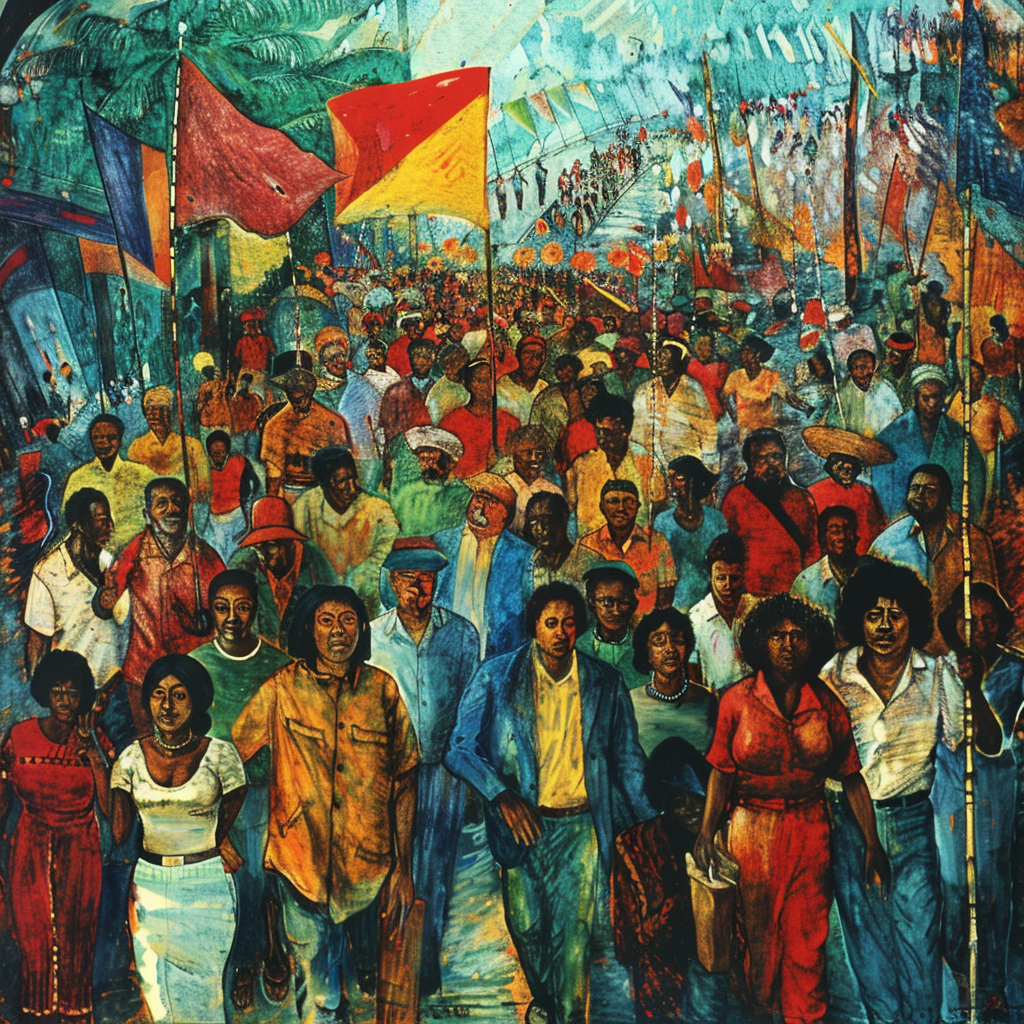Hey there, let’s dive into a fascinating yet often overlooked aspect of colonialism: its impact on education in Africa. Get ready to explore how colonial education policies shaped societies, influenced cultures, and left a lasting legacy that continues to affect the continent today.
The Colonial Education Machine
Imagine this: European colonizers roll into Africa, armed not just with guns and ships, but with textbooks and chalkboards. They set up schools and educational systems, but here’s the catch – they’re not exactly interested in empowering African communities. Instead, they’re all about promoting their own agenda and maintaining control.
Eurocentric Curriculum
One of the key ways colonial education policies exerted their influence was through the promotion of Eurocentric curricula. What does that mean? Well, basically, African students were taught that European culture, history, and values were superior to their own. They learned about European literature, European history, European everything – while their own cultures and histories were marginalized or ignored altogether.
Language Policies
But it wasn’t just what they taught – it was also how they taught it. European languages like English, French, and Portuguese were elevated to positions of prestige, while indigenous languages were often discouraged or even banned in schools. This had a huge impact on African communities, eroding their linguistic diversity and disconnecting them from their cultural heritage.
Marginalization of Indigenous Knowledge Systems
And let’s not forget about the marginalization of indigenous knowledge systems. Colonial education dismissed traditional African knowledge – whether it was about agriculture, medicine, or spirituality – as primitive or backward. Instead, it taught Africans to rely on European expertise, further eroding their confidence in their own abilities and undermining their self-sufficiency.
The Legacy Lives On
So, what’s the legacy of colonial education in Africa? Well, it’s complicated. On one hand, colonial education systems laid the groundwork for modern schooling in Africa, providing access to literacy and numeracy for many Africans. But on the other hand, they perpetuated systems of inequality, reinforcing colonial power structures and perpetuating cultural imperialism.
As we reflect on the legacy of colonialism in education, it’s important to recognize the resilience of African communities in the face of adversity. Despite centuries of oppression, they have preserved their cultures, languages, and knowledge systems – and continue to fight for educational systems that reflect their own identities and aspirations.
Related Articles
- Decolonization Movements and Independence Struggles
- Religious Conversion and Indigenous Belief Systems
- Healthcare and Colonial Medicine
- Cultural Imperialism and Identity Struggles
- Colonial Borders and Ethnic Conflict
- Economic Exploitation and Resource Extraction
- The Legacy of Colonialism in Education
- Resistance to Colonial Rule
- The Scramble for Africa: Europe’s Greed
- The Impact of Colonialism on African Societies



